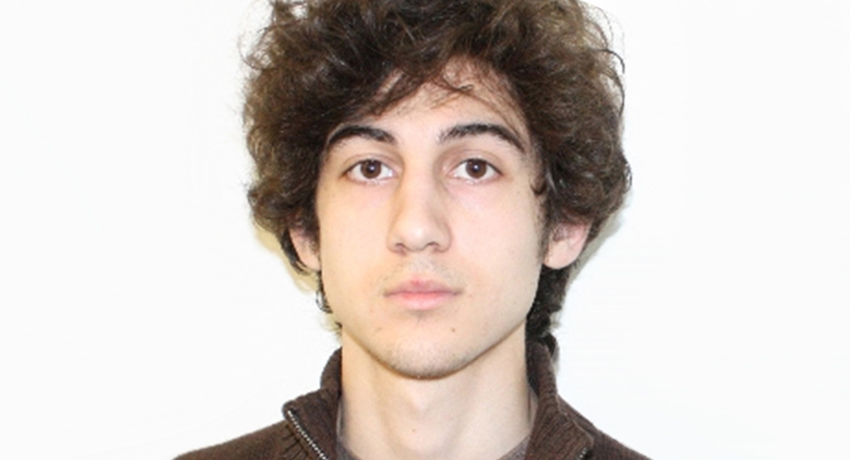The Legal Process Begins for Dzhokhar Tsarnaev
On Monday, Dzhokhar Tsarnaev was charged from his hospital bed with the use of a weapon of mass destruction, resulting in death, as well as malicious destruction of property, resulting in death. Although Massachusetts doesn’t have the death penalty, because of the federal charges, the maximum penalty on each count is the death penalty or life in prison.
Bloomberg reported Tuesday that court filings submitted by Tsarnaev’s legal team, headed by Miriam Conrad, called for “two lawyers who have defended capital prosecutions” to be appointed to the case, “given [its] magnitude.” The filings submitted for the legal counsel were made at the request of the suspect, according to reports.
But how the case will move forward from here is unclear. Even though many Massachusetts lawyers are well-versed in capital prosecution cases since the Commonwealth once had the death penalty, finding the right one to represent Tsarnaev may be difficult, according to Harvard Law School Professor Alan Dershowitz.
“A lot of people couldn’t be his lawyers, because if they knew a victim, or were at the race, that would [be an issue],” he says, confirming that it could shorten the list of potential representatives. “It will be a very hard case to defend, and whoever does it will be very unpopular and will need [a lot] of resources to defend this young man … you won’t see a lot of people jumping up and down to take this.”
Dershowitz says, however, that someone is bound to step up to the plate, and when that person does, he or she will likely be “excellent” in their practice. Tsarnaev has not entered a plea yet for the charges, but Dershowitz believes his tactic in the hands of his future lawyers could go two ways. “If he wants to live, and try and avoid the death penalty … it’s likely we will see a ‘please don’t kill me, I’m young,’ defense,” he says, adding that blame for the bombing has already reportedly been pinned on his older brother, Tamerlan Tsarnaev. The other option, Dershowitz says, is that Tsarnaev will claim he is proud of what he did and “put in a Jihadist defense,” a sign that he may not care about possibly receiving a death sentence.
Dershowitz said a big mistake on Tsarnaev’s part, though, was to tell the court that he specifically wants representation that handles capital prosecutions. “He should be asking for best possible lawyer he can get,” he says. “Honestly, he would be better off with a great lawyer with no experience with death penalty cases, rather than a mediocre lawyer with lots of experience.”
According to Boston University Professor David Rossman, director of the BU School of Law’s Criminal Law Clinical Programs, lawyers with this type of expertise will recognize the case as “part of their responsibility as attorney” to be available to represent anyone. “It’s part of a very long and noble American tradition that we give everyone the rights in the Constitution … and we don’t say some people aren’t deserving because of some prejudgment,” says Rossman.
Although forming a team may be plausible, figuring out where the trial will be held, based on the seriousness of the potential outcome, could be more tricky. “It’s going to be the subject of a great deal of consideration and decision making on the part of the defense team,” says Rossman. The case could get moved out of Boston at the request of either the prosecution or the defense, depending on what penalty each side is trying to avoid or seek. The decision to move it, ultimately, would be decided by a judge, but based on where it goes could weigh heavily on Tsarnaev’s fate. “If it gets moved, the defense doesn’t get to pick where to, and it may go to a place where people are much more eager to use the death penalty,” says Rossman.
Dershowitz agreed, adding that a request from either side to change locations may be granted because “so many people in Boston regard themselves as victims” in this case.



